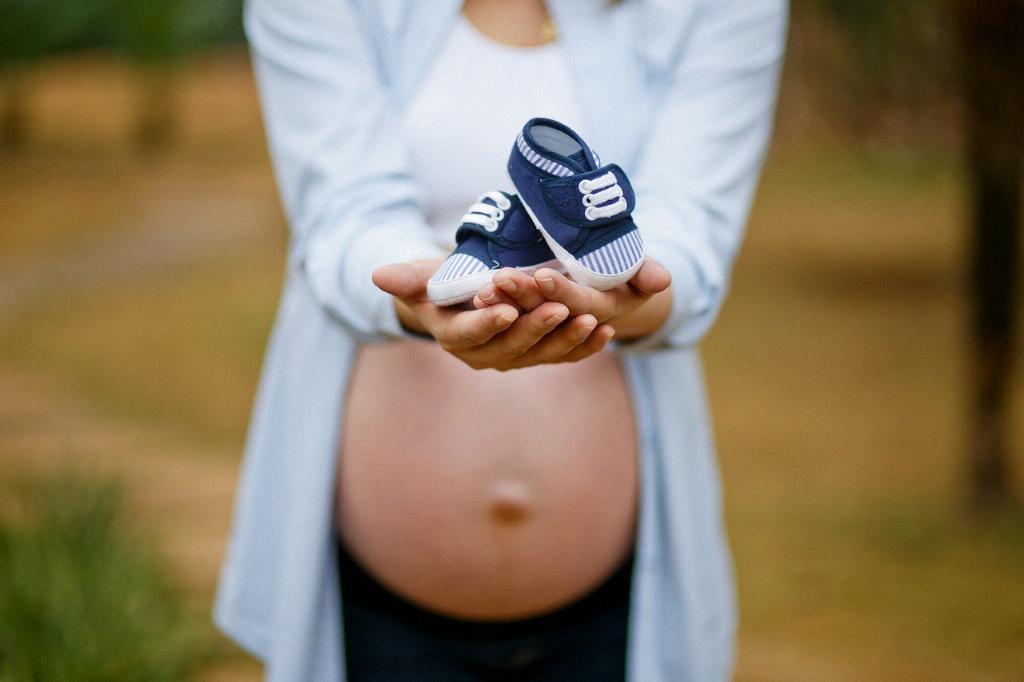If you’re expecting a little one, you may have experienced headaches during pregnancy. Along with the joys of anticipation come the challenges of hormonal fluctuations and physical changes that can lead to this discomfort. Let’s delve into the factors that can contribute to headaches during this special time.
Hormonal Changes
One of the primary culprits behind headaches during pregnancy is hormonal shifts. The surge in hormones, particularly estrogen and progesterone, can impact blood flow, leading to vessel dilation and consequently, headaches.
Dehydration and Lack of Sleep
Dehydration and insufficient sleep are universal triggers for headaches, pregnant or not. When you’re expecting, these factors can exacerbate the likelihood and intensity of headaches. Ensure you stay well-hydrated and prioritize rest to mitigate this cause.
Caffeine Withdrawal
For many individuals, caffeine is a daily essential. Pregnant women who have to cut back on their caffeine intake might experience withdrawal symptoms, including headaches. Gradually reducing your caffeine consumption can help manage this aspect.
Low Blood Sugar
Irregular eating patterns or long gaps between meals can result in low blood sugar levels, triggering headaches. Maintaining a balanced diet with frequent, smaller meals can help stabilize your blood sugar and reduce the risk of headaches during pregnancy.
Stress and Tension
The emotional and physical strain of pregnancy can manifest as stress and tension, often leading to headaches. Finding ways to relax and unwind, whether through gentle exercise, meditation, or engaging in activities you enjoy, can alleviate this cause.
Postural Changes
As your body adjusts to accommodate your growing baby, changes in posture and strain on certain muscles can contribute to headaches. Maintaining good posture, practicing prenatal yoga, and seeking chiropractic care can help address this factor.
Environmental Triggers
Sensitivity to strong smells, bright lights, or loud noises can be heightened during pregnancy, potentially triggering headaches. Creating a calm, soothing environment and minimizing exposure to known triggers can aid in managing this aspect.
Sinus Congestion
Increased congestion in the nasal passages and sinuses, a common occurrence during pregnancy, can lead to sinus headaches. Using a humidifier, saline nasal spray, or seeking guidance from a healthcare provider can offer relief in such cases.
Eye Strain
Changes in vision or increased eye strain from hormonal fluctuations can result in headaches. Regular eye check-ups, adequate lighting when reading or using screens, and taking breaks to rest your eyes can help reduce this trigger.
Rebound Headaches
Overuse of pain medications, even those deemed safe during pregnancy, can lead to rebound headaches. It’s important to follow your healthcare provider’s recommendations and avoid excessive reliance on medication for headache relief.
Consulting Your Healthcare Provider
If you’re experiencing frequent or severe headaches during pregnancy, it’s crucial to seek guidance from your healthcare provider. They can assess your symptoms, provide tailored recommendations, and ensure that any underlying conditions are properly addressed.

